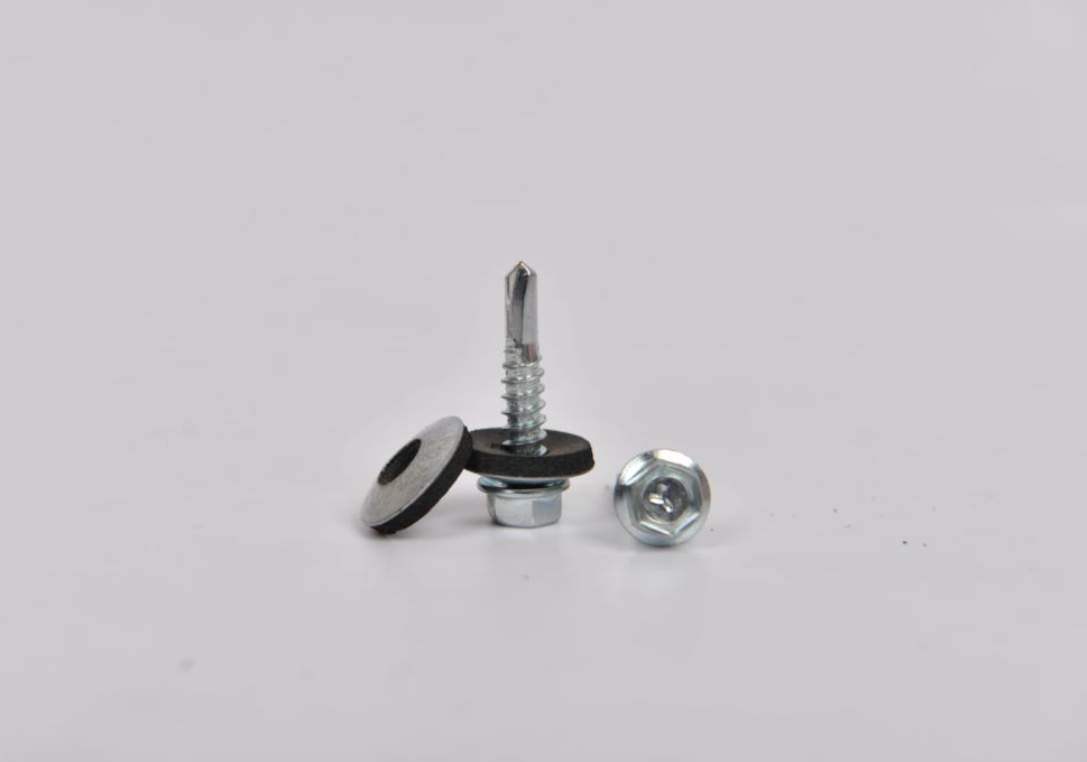Metric Self Tapping Screw Hole Dimensions and Specifications from Trusted Factory
Understanding Metric Self-Tapping Screw Hole Size A Guide for Factories
In the world of manufacturing, understanding the nuances of screw specifications is crucial for ensuring product quality and performance. Among various types of screws, metric self-tapping screws play a significant role in many industrial applications. One of the key factors that determine the efficacy of these screws is the size of their holes. This article aims to explore the importance of metric self-tapping screw hole size, the considerations for manufacturers, and how proper understanding can enhance factory operations.
What Are Metric Self-Tapping Screws?
Metric self-tapping screws are specialized fasteners designed to create their own thread when driven into materials, typically metal, plastic, or wood. Unlike conventional screws that require pre-tapped holes, self-tapping screws can cut their paths, which simplifies assembly processes and reduces the need for additional tools. These screws are available in various dimensions, commonly specified in metric measurements, which are essential for accurate assembly and functionality.
Hole Size Why It Matters
The size of the hole for a metric self-tapping screw is critical for multiple reasons
1. Engagement and Grip A hole that is too large can result in insufficient thread engagement, leading to a weak joint that may fail under load. Conversely, a hole that is too small can cause the screw to strip the material or break during installation.
2. Material Type Different materials have varying requirements for screw hole sizes. For instance, softer materials might require slightly larger holes to accommodate the screw's self-tapping action, while harder materials might necessitate very precise hole sizes to ensure secure fastening without damaging the material.
3. Application The intended use of the assembly also dictates hole size. For high-load applications, greater precision in hole size is necessary to ensure that the screws can adequately support the weight without yielding.
Recommended Hole Sizes
When determining the proper hole size for metric self-tapping screws, factors such as screw diameter, material type, and application should be considered. A general guideline for hole sizes based on the screw diameter is as follows
metric self tapping screw hole size factory

- For M3 screws, a hole diameter of approximately 2.5 mm is recommended. - For M4 screws, a hole diameter of around 3.3 mm works well. - M5 screws typically require a hole size of about 4.2 mm. - For M6 screws, a 5.0 mm diameter is advisable.
These values serve as a starting point, and fine-tuning may be necessary based on specific material characteristics and performance requirements.
Factory Considerations
Factories should prioritize the accurate measurement and creation of screw holes to maximize the effectiveness of metric self-tapping screws. Here are several best practices
1. Select the Right Tools Utilize drill bits and tapping tools that correspond to the recommended hole sizes. Ensure that machinery is calibrated to produce holes with tight tolerances.
2. Material Testing Conduct experiments with different materials to determine the optimal hole sizes for specific applications. This data can enhance manufacturing processes and product reliability.
3. Quality Control Implement rigorous quality control processes to measure hole sizes during production. Regular checks can help identify any deviations that may lead to assembly failures.
4. Training Employees Educate factory employees about the critical importance of screw hole sizing. Understand how imperfections in hole size can impact overall product integrity.
5. Documentation Maintain clear documentation of screw specifications, including size guidelines and application recommendations. This resource can aid in training new staff and ensuring consistency across manufacturing processes.
Conclusion
Understanding metric self-tapping screw hole size is essential for factories aiming to produce reliable and safe products. By adhering to recommended practices and continuously refining their processes, manufacturers can enhance assembly efficiency, improve product quality, and ensure customer satisfaction. Proper attention to detail regarding screw hole sizing not only streamlines production but also contributes to the longevity and durability of the final products.
-
Top Choices for Plasterboard FixingNewsDec.26,2024
-
The Versatility of Specialty WashersNewsDec.26,2024
-
Secure Your ProjectsNewsDec.26,2024
-
Essential Screws for Chipboard Flooring ProjectsNewsDec.26,2024
-
Choosing the Right Drywall ScrewsNewsDec.26,2024
-
Black Phosphate Screws for Superior PerformanceNewsDec.26,2024
-
The Versatile Choice of Nylon Flat Washers for Your NeedsNewsDec.18,2024










